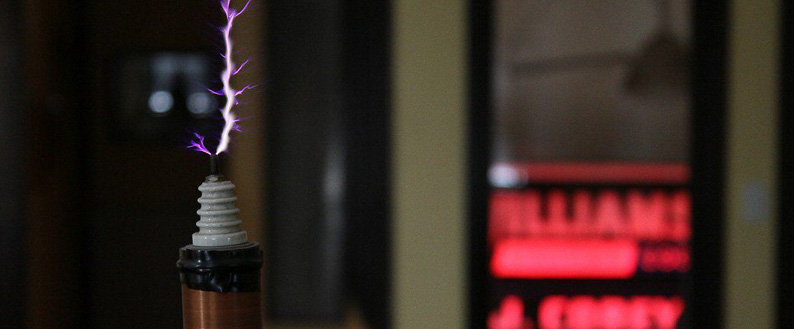A Pope, A Boy, and the 'God' Who Doesn’t Abandon Us
By The Boston American
April 21, 2025
Today, the world lost a shepherd.
Pope Francis, who died at age 88, leaves behind far more than encyclicals, papal visits, or doctrine. He leaves behind moments—human moments—that pierced through the layers of religion, politics, and history to remind us of the raw, beautiful truth that the best leaders are those who meet us where we are, not where we’re told we should be.
One such moment came in 2018, on an ordinary day in a Roman parish.
A young boy named Emanuele stood trembling in front of a microphone. He couldn’t even speak at first. The grief choked him. Pope Francis called him to come closer. The boy whispered in the Pope’s ear that his father, who had recently died, was a good man—but a non-believer. Still, he had baptized his children in the Church. And now, Emanuele asked the question no child should have to carry alone:
“Is my daddy in heaven?”
The Pope didn’t respond with a theological dissertation. He didn’t quote scripture. He paused. Then, with every eye on him, he said:
“That man had the courage to have his children baptized, even though he didn’t believe. God is the one who says who goes to heaven. But do you think God would abandon a good father like that?”
The children around him shouted, “No!” And Pope Francis agreed.
“There, Emanuele,” he said. “That is the answer.”
It was a small moment. Quiet. Personal. But it said everything about who Pope Francis was and the kind of world he believed we should be building—one that sees past belief to intention, past dogma to love, past fear to grace.
A Moral Compass in a Shifting World
Francis’s papacy was never perfect. Nor should it have been. He had critics on both ends of the spectrum—conservatives who saw him as too liberal, and progressives who wanted faster change. But he didn't need to be everything to everyone. He simply needed to be clear, and kind, and present.
He showed us that leadership doesn't have to roar. It can whisper truth and still be powerful.
In a world where power is often loud, transactional, or weaponized, Francis represented something else: a kind of moral leadership that wasn't rooted in political gamesmanship, but in the quiet audacity of empathy.
We’ve lost that kind of leadership in too many corners of our society. Which is why his death today doesn’t just mark the end of a papacy. It marks a pause—and perhaps, an opportunity—for all of us to ask what kind of leaders we want next.
What kind of world do we want to be led into?
The Next Chapter, and the Risk Ahead
The conclave of Cardinals will soon gather in Vatican City to elect the next pope. While many were appointed by Francis himself, aligned with his vision of mercy and inclusion, the outcome is never guaranteed.
There is always a pendulum in human systems—between progress and tradition, compassion and control. And yes, there is a real risk that the next pope could be a staunch conservative, one who reasserts rigid authority and narrows the arms of the Church.
If that happens, it won’t just affect the Church. It will affect millions of people searching for hope, justice, and belonging. The world often looks to religious leaders—not just for theology, but for clarity of moral direction. In the face of rising extremism, inequality, and fear, the person who holds the papal office can tip the tone of global dialogue.
But the Story of Emanuele Remains
And so we return to the boy. To the tearful question. To the Pope who said yes, your father is in heaven. To a moment of warmth that reached across belief and doctrine to hold a child’s grief.
That story is what we should carry forward.
Because even when institutions shift, when politics harden, when the next era feels uncertain, we are not powerless. We can lead like Francis did—in our families, our communities, our classrooms, our boardrooms.
With courage.
With kindness.
With a belief that no one is abandoned.
And if someday our own kids ask us hard questions—about life, death, justice, or whether someone they love is “okay”—may we remember how this one man, dressed in white, knelt down to say the words the world still needs to hear:
“God does not abandon his children.”
Not now. Not ever.
For Olivia. For Caleb. For all of us trying to be a little more human in a complicated world.
— The Boston American





